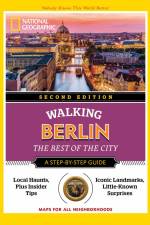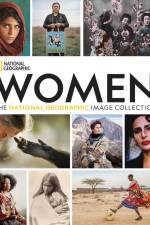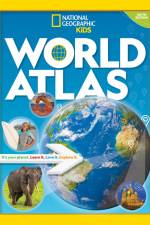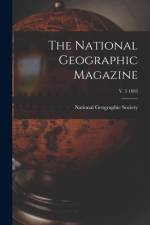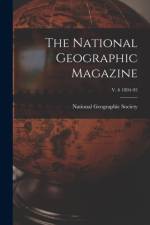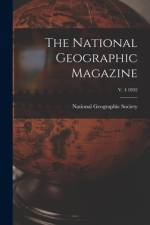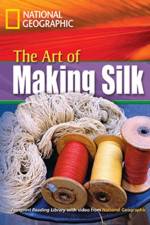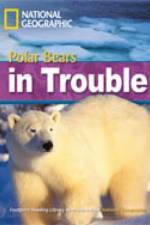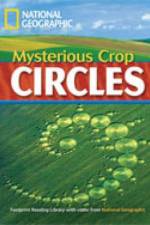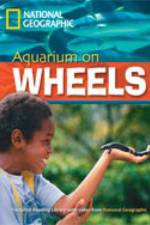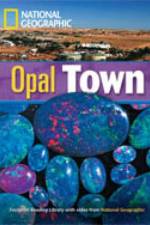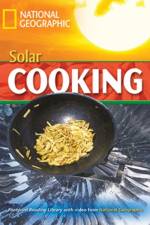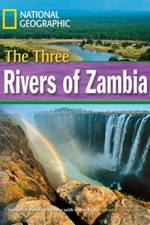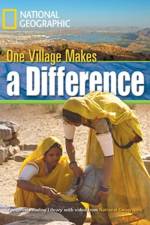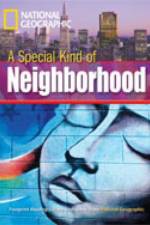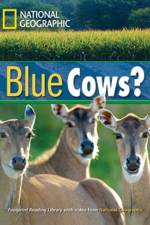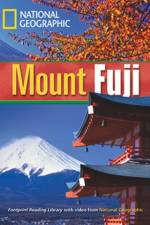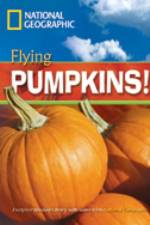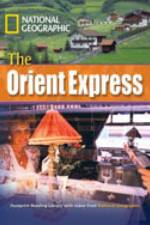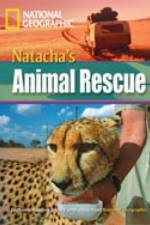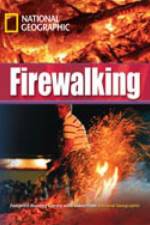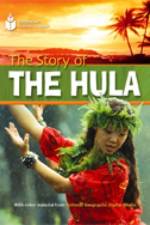av National Geographic
271
This powerful photography collection, drawn from the celebrated National Geographic archive, reveals the lives of women from around the globe, accompanied by revelatory new interviews and portraits of contemporary trailblazers including Oprah Winfrey, Jane Goodall, and Christiane Amanpour.#MeToo. #GirlBoss. Time's Up. From Silicon Valley to politics and beyond, women are reshaping our world. Now, in anticipation of the 100th anniversary of the 19th amendment, this bold and inspiring book from National Geographic mines 130 years of photography to showcase their past, their present, and their future. With 400+ stunning images from more than 50 countries, each page of this glorious book offers compelling testimony about what it means to be female, from historic suffragettes to the haunting, green-eyed "Afghan girl." Organized around chapter themes like grit, love, and joy, the book features brand-new commentary from a wide swath of luminaries including Laura Bush, Gloria Allred, Roxane Gay, Melinda Gates, New Zealand prime minister Jacinda Ardern, and the founders of the #MeToo and Black Lives Matter movements. Each is accompanied by a bold new portrait, shot by acclaimed NG photographer Erika Larsen. The ultimate coffee table book, this iconic collection provides definitive proof that the future is female.

